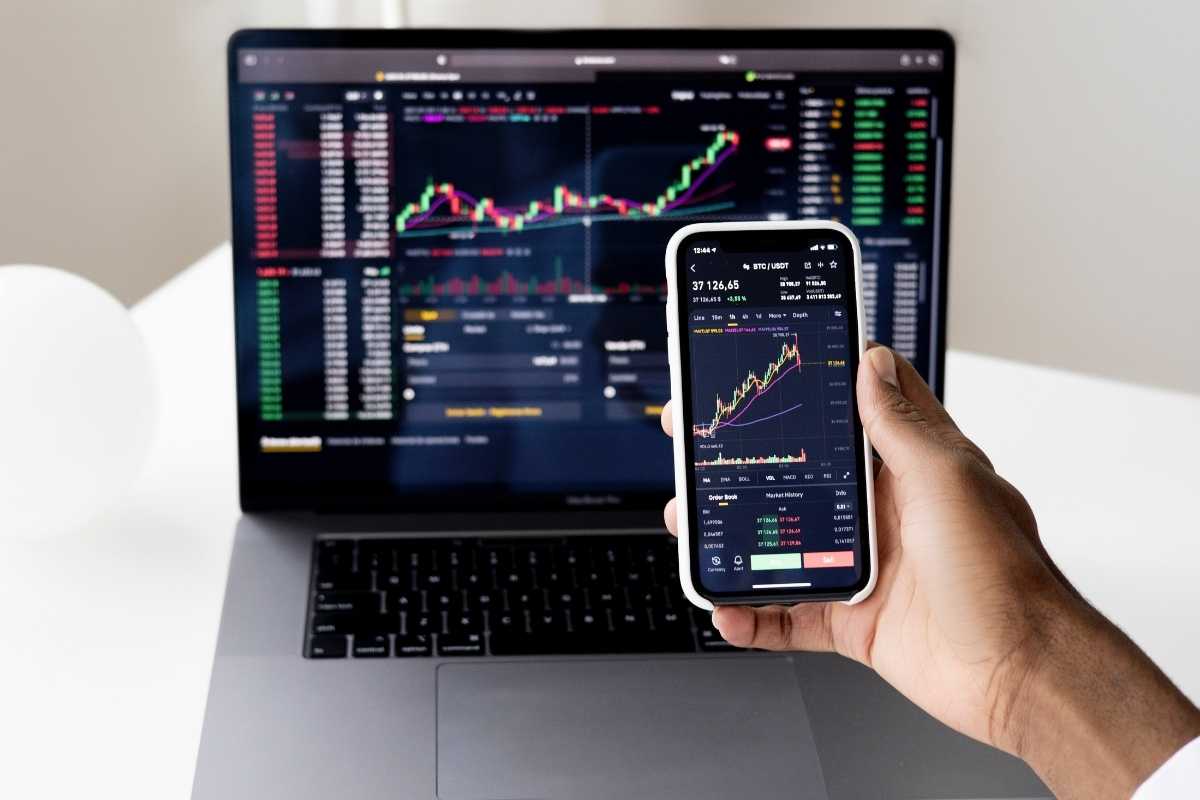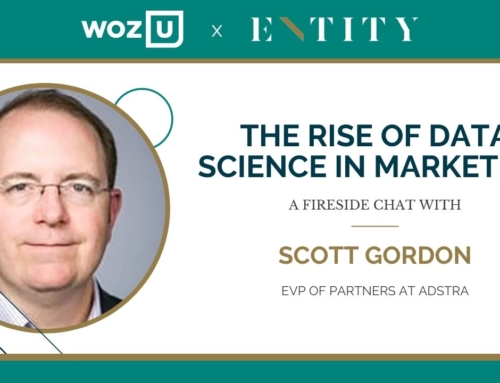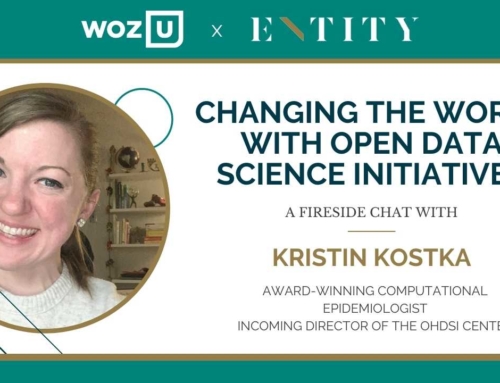If you’ve been reading the latest cryptocurrency news, blockchain technology may be a familiar term. Blockchain is the unique technology behind cryptocurrency’s security and protection.
Though blockchain is currently used only in financial management, it has the potential to be used in other industries.
When combined with data science, blockchain technology has the ability to not only grow, but transform industries. Here’s what you should know about blockchain and how it can be used with data science to improve data privacy for organizations everywhere.
How is Blockchain Currently Used?
In cryptocurrency, blockchain is used as a digital ledger that safely stores transactions and prevents hacking or potential breaches.
Blockchain is decentralized, so the data is not stored in a central database. Instead, data is organized into separate blocks across a network.
The data blocks undergo certification processes to make sure that new transactions are accurate. Since the transactions have to be verified in multiple ways, the data is secure. Users can also easily track errors.
At the moment, blockchain is primarily used in financial management. In addition to cryptocurrency, blockchain is also being considered for banking systems.
Combining Data Science and Blockchain
Blockchain technology and data science can tackle different aspects of data. When combined, they can be beneficial to many industries. Blockchain technology can create safer ways to manage and track data while data science can enhance predictions and insights.
Promoting More Sustainable Fishing Practices
The fishing industry is experiencing issues in its certification processes and overfishing, threatening marine ecosystems and fisheries. However, the integration of data science and blockchain brings the opportunity of accountability and security through technology.
According to an article by the Guardian, New Zealand fishermen have introduced blockchain technology into their fishing process.
When fish get caught, they are digitally tagged. Tags identify specifics like the location, time, and boat that caught the fish.
This information can help create transparency in fishing practices. Companies cannot make modifications about where they fish if they use blockchain, which prevents the potential for fraud.
Data science also provides an extra layer of accountability. According to McKinsey & Company, algorithms can help fishermen when they are at work, such as capturing uncertainty and changes in migration patterns. It can also help identify illegal fishing practices by recognizing patterns and behaviors by certain companies.
Transforming Real Estate
Real estate is another industry that involves large quantities of data. According to Business Insider, the average homeowner will move nearly 12 times throughout their life.
Incorporating data science and blockchain could transform real estate businesses by finding new ways to manipulate data that is already tracked.
Blockchain can speed up home sales by simplifying the home sale verification processes and checking a homeowner’s finances. Furthermore, it can also provide a more transparent selling process where homebuyers can know more details of the selling and purchasing process.
While blockchain focuses on improving selling processes, data science can open up ample investment opportunities.
Platforms like PeerStreet and Cadre are expanding real estate investing. These platforms use models and machine learning to track different markets and spot new growth, so investors can make better decisions on where to invest.
Guiding the Future of Media and Entertainment
Media and entertainment are evolving to tailor experiences to consumers. Whether it’s the shows you watch on Netflix or ads you see in between videos, media companies are taking a tech-centered approach to make a consumer’s experience more enjoyable.
Streaming platforms and social media sites are beginning to utilize data science to curate more unique experiences. Netflix has developed different analytics teams that handle verticals on product, content, membership, and studio.
The content team, for example, focuses on data analytics involving streaming content and builds models which help answer how to better their viewing experiences. Meanwhile, the membership analytics teams work on expanding access to other countries.
Data science is already radically guiding the future of media and entertainment to create personalized web content for consumers, but adding blockchain can also improve services.
Blockchain can streamline digital ticketing services to override online scalpers and potential scams. True Tickets, a blockchain-based system, verifies users and tickets to ensure that both the user and product are real.
According to an article by IBM, artists can have more control over sales, and fans can rest easy knowing that their tickets aren’t fraudulent or set at a higher resale price.
How Data Science and Blockchain Can Change Industries
Data science and blockchain have the potential to go hand in hand and change industries like fishing, real estate, and media and entertainment for the better.
Data science allows companies to make wise decisions that benefit the future of their business and consumer interest. Concurrently, blockchain adds a better method of security and protection that can be applied to processes and systems. As more companies begin to see opportunities in these technologies, future developments may only continue to show how data science and blockchain can impact the world. Learn more about how WOZ’s Data Science curriculum can help you break into the exciting world of blockchain.

Sophia Acevedo
Sophia Acevedo is a journalist based in Southern California. She is a 2020 graduate from California State University, Fullerton, and a proud Daily Titan alum.




